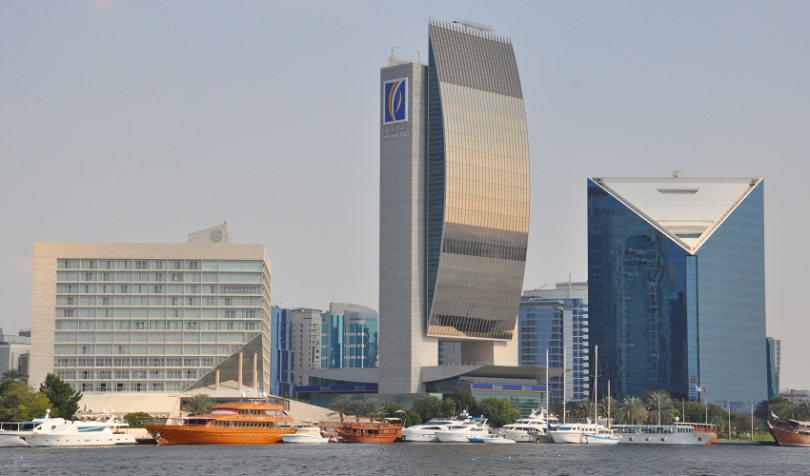Yesterday the Dubai Chamber of Commerce announced it has partnered with the International Chamber of Commerce (ICC) and blockchain startup Perlin to offer trade finance solutions. The ICC and Perlin announced their ICC Blockchain/DLT Alliance earlier this year, and Dubai is the first Chamber to join.
The ICC is the umbrella organization for the Chambers of Commerce in 130 countries, including Dubai’s in the UAE. The role of the ICC is mostly to set standards and facilitate trade, while also managing disputes which cannot be resolved at the local level. As the Chambers of Commerce within the organization account for 45 million businesses, the ICC is crucial for managing global trade.
This is why the ICC and its members adopting blockchain could be a massive disruption to the market. The ICC Blockchain/DLT Alliance aims to use the technology in trade processes, supply chains, and risk management.
Yesterday’s announcement reveals that Dubai is the first Chamber of Commerce to sign up to the Centre of Future Trade (CoFT), established by the ICC/Perlin alliance. The city can now offer blockchain-based solutions to its business and regional partners. Interestingly, the signed agreement states that the Dubai Chamber “has exclusive rights” to do so “in the Middle East and Africa region”.
The CEO of Perlin, Dorjee Sun, thinks this will not restrict the businesses which will be involved: “[…] Perlin will help enterprises integrate world-leading blockchain technology into their operations. This includes helping enterprises of all sizes – from multinationals to micro-, small- and medium-sized businesses across all industries – to better participate in the global economy.”
“This technology introduces plenty of far-reaching benefits for our members and regional partners, while it also has the potential to revolutionize the global trade landscape,” agreed the CEO of the Dubai Chamber and Chairman of the ICC, H.E. Hamad Buamim.
While not yet released, Perlin’s blockchain appears technically promising due to its outside the box properties. It is not a linear chain; it is a directed acyclic graph (DAG) like IoTA and Hedera Hashgraph. Additionally, it uses more advanced cryptography, like homomorphic encryption (considered an extension of more conventional encryption), for privacy.
Homomorphic encryption allows data to be kept private even when, for instance, storage is outsourced. Analytics can be performed on the encrypted information by a separate party then sent back to the source without sensitive data ever being revealed.
The ICC continues to be optimistic about future adoption of their blockchain initiative, despite a survey partly conducted by the organization finding little confidence in the technology. The Secretary General John Denton is determined to make the ICC more entrepreneurial, and this blockchain initiative fits with that goal.
Just yesterday we reported on the city of Rotterdam successfully using a blockchain trade finance solution in shipping. Singapore is also a big player in the space; backing DLT logistics solutions and was the chosen city to found the CoTF last month.






